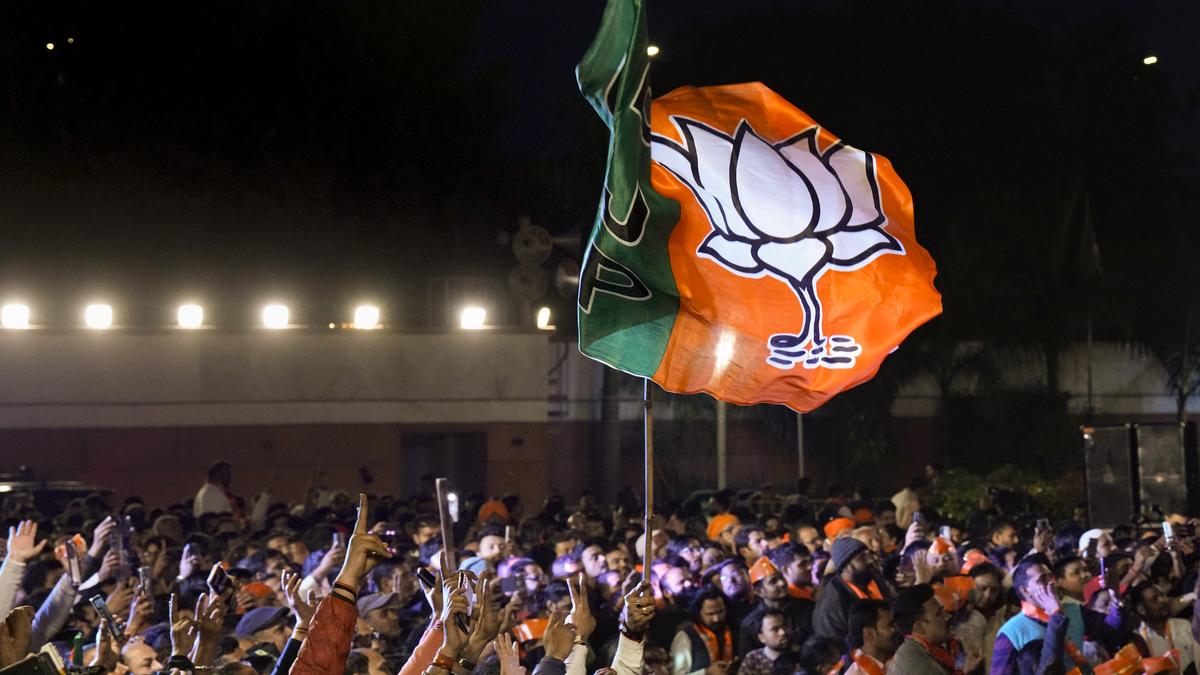
BJP’s USP in Delhi: Micro-level outreach programmes, door-to-door campaigns
The Hindu
BJP's micro-level outreach programs and door-to-door campaigns led to victory in Delhi Assembly polls.
The BJP dethroned AAP in the recent Delhi Assembly poll by winning 48 of the 70 Assembly seats. The BJP sources credited micro-level outreach programmes, door-to-door campaigns ahead of the election for the party’s victory.
While the BJP’s top brass hosted big rallies and roadshows, other leaders reached out to the target groups, including salon workers, and people from various ethnic and geographical backgrounds.
It’s known that political parties ramp up grassroot-level reach out programmes ahead of the elections, but the BJP had devised it differently by assigning leaders from specific castes and similar geographical backgrounds to that of the voters.
In Seemapuri, a leader from a minority community was flown in from a different state to address the people from the community, he belonged to. Similarly, BJP leaders from West Bengal addressed the Bengali community in the C.R. Park area. Union External Affairs Minister S. Jaishankar addressed a community from South India living in Delhi.
A few BJP leaders created awareness among the voters about the promises made by the party, while others focused on resident of JJ clusters where they imparted the citizens about various government schemes and benefits.
The booth workers also pushed the voters to the polling stations to make sure a massive voter turnout is recorded. Another source told The Hindu, that after the ‘Mera Booth Sabse Mazbooth’ event, each booth worker was asked to submit reports of their booth and it’s voters’ responses.
Sources in the AAP stated that door-to-door campaigns played a crucial role in the constituencies it won. The source told The Hindu that until the voters believe that there is a personal connection, they won’t vote.













